After a few drinks, some people begin to experience symptoms similar to a vegetovascular dystonia attack, an allergic reaction, or other illnesses. Often they don’t even realize that these unpleasant side effects are caused by alcohol.
We compiled a list of signs of ethanol intolerance, which can easily be confused with symptoms of other illnesses.
There Are 2 Types Of Alcohol Intolerance
- Congenital is a genetically determined trait in which the body cannot process ethanol and its metabolites.
- Acquired alcohol intolerance arises from drug use, illness, or injury.
How Do Alcohol-intolerant People Differ From Others?
Usually after alcohol enters the blood, ethanol slowly breaks down into acetaldehyde, which is further processed by enzymes over a long time. People with intolerance to alcohol have a distortion of enzyme activity in their body.
This means that alcohol dissolves very quickly and acetaldehyde concentrates in the blood and causes various unpleasant symptoms to appear.
Fluctuations In Blood Pressure
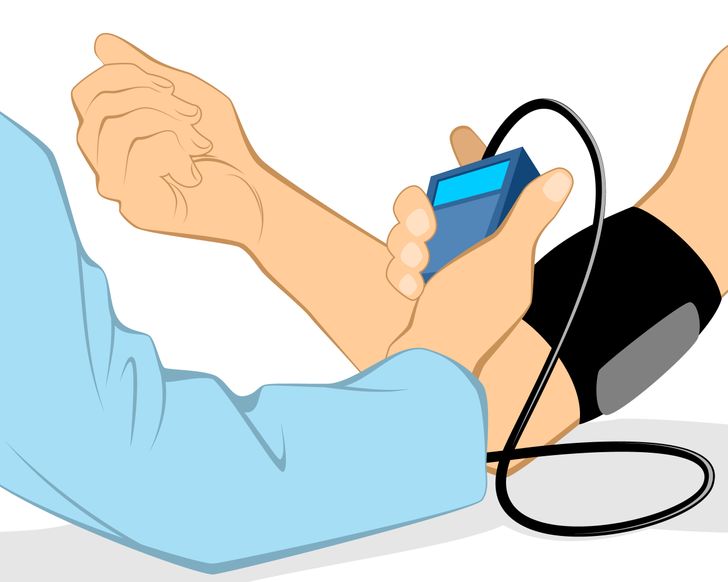
People with high blood pressure often experience shooting pains in the temples, tinnitus, and dizziness. If the pressure, on the other hand, decreases, the symptoms can be loss of vision, lethargy, and dizziness.
Runny Nose
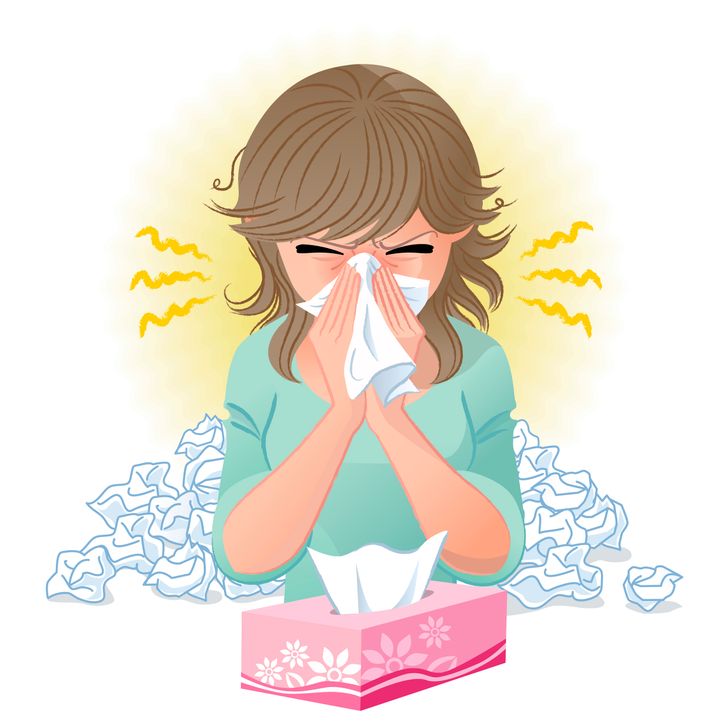
We are used to accepting symptoms like sneezing, nasal congestion, and shortness of breath like the common cold. However, the source of the symptoms may come from alcohol intolerance.
There are a large number of capillaries in the nasal mucosa. When exposed to ethanol, they develop edema in them, making it difficult to breathe and causing a feeling of nasal congestion.
Limbs Edema
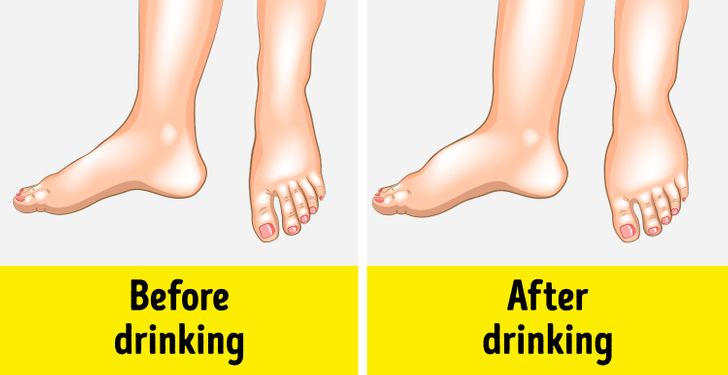
When alcohol enters the body, ethanol causes intoxication that causes the person to become dehydrated and leads to a failure of the excretory system. As a result, excess fluid builds up in the tissues and that is why swelling occurs.
Migraine
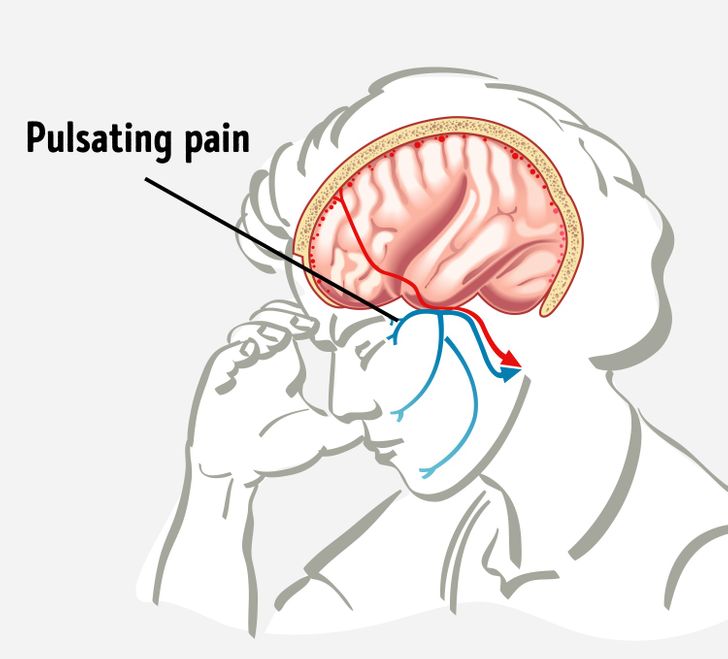
Migraine is already unpleasant, but it is something that almost always happens if you drink too much. If you know you haven’t had too much to drink, but you still have a migraine, it could be a sign of alcohol intolerance. In that case, the migraine would be caused by the release of histamines.
Nausea
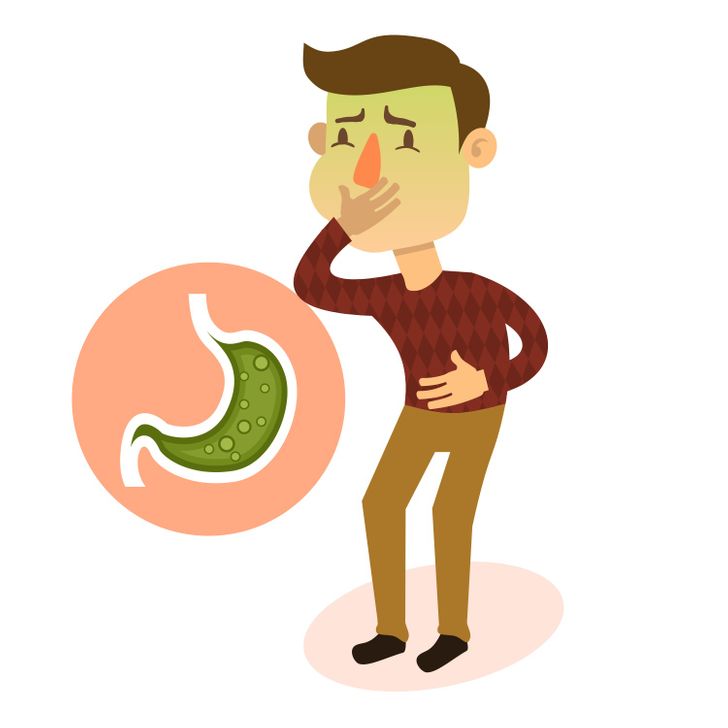
Nausea and vomiting will come as no surprise if you overindulge in cocktails and injections, but for those with an alcohol intolerance, these symptoms can appear even after a small amount of alcohol.
Risk Factors:
- Ethnicity: Some people are more likely to develop symptoms of alcohol intolerance than others.
- Allergy to some components of alcoholic beverages: preservatives and aromas.
- Take some antibiotics and antifungal medications.
- Bronchial asthma or hay fever.
- Allergies to cereals and other products.
Here are the top 5 symptoms that can help you determine if you or someone you know has an intolerance to alcohol.









